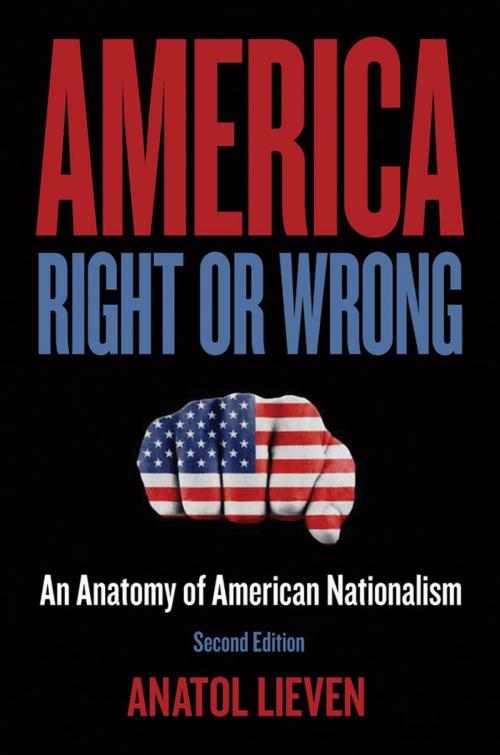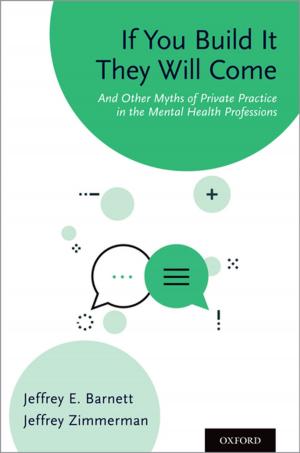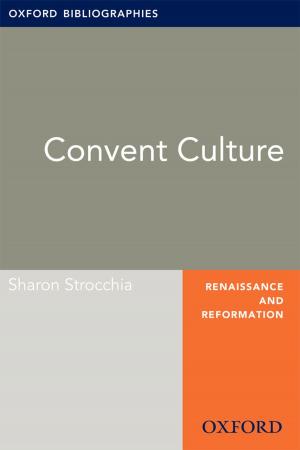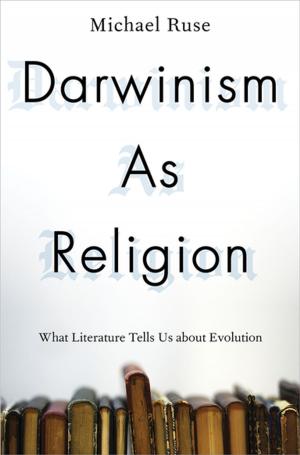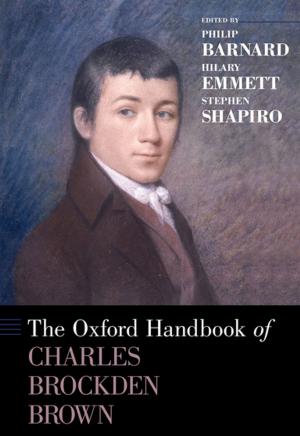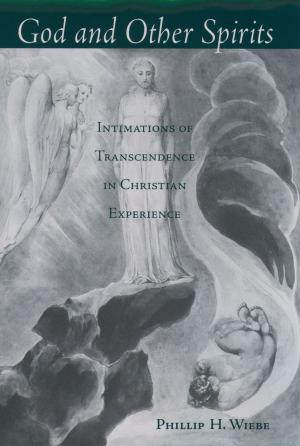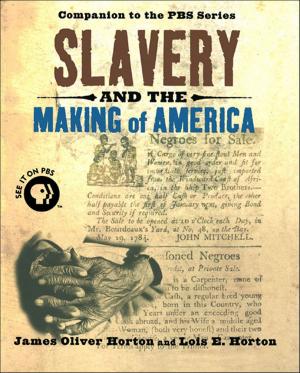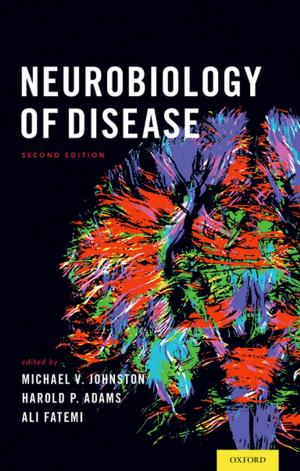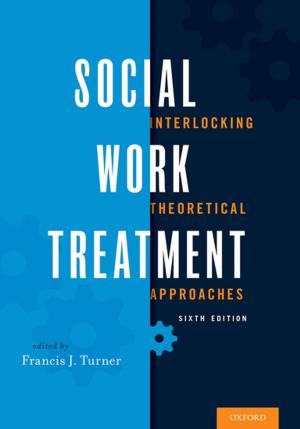America Right or Wrong
An Anatomy of American Nationalism
Nonfiction, Social & Cultural Studies, Political Science, International, International Relations| Author: | Anatol Lieven | ISBN: | 9780199978885 |
| Publisher: | Oxford University Press | Publication: | September 25, 2012 |
| Imprint: | Oxford University Press | Language: | English |
| Author: | Anatol Lieven |
| ISBN: | 9780199978885 |
| Publisher: | Oxford University Press |
| Publication: | September 25, 2012 |
| Imprint: | Oxford University Press |
| Language: | English |
Originally published over half a decade ago, Anatol Lieven's America Right or Wrong has become a classic analysis of the special character of American nationalism. As he demonstrated, America's foreign policy response to the 9/11 attacks flowed directly from a nationalistic tradition that was two centuries in the making. Within that nationalism, Lieven identified two strands. The first was the "American thesis," a civic nationalism based on the democratic values of what has been called the "American Creed." These values are held to be universal, and anyone can become an American by adopting them. The other tradition, the "American antithesis" is a populist and often chauvinist nationalism, which tends to see America as a closed national culture and civilization threatened by a hostile and barbarous outside world. Much has changed since 9/11. The American public has turned inward in the wake of the Great Recession, but interestingly, Lieven's fundamental analysis of American nationalism remains powerful and convincing. In this expanded new edition, he includes and in-depth analysis of the domestic component of both the American creed and the American antithesis. Barack Obama's improbable election to the presidency illustrates well the first strand. The rise of the Tea Party in response to both the financial crisis and the Obama administration's response is highly characteristic of the second strand. Lieven concentrates especially on the Tea Party's hard-edged American nationalism, which is evident in anti-immigration sentiment, hatred of Obama, and opposition to redistributive social programs that allegedly reward the unworthy. His account of Obama's election and the right-wing response to the economic collapse not only bring the story up to the present, but indicate the staying power of the book's hard-hitting thesis.
Originally published over half a decade ago, Anatol Lieven's America Right or Wrong has become a classic analysis of the special character of American nationalism. As he demonstrated, America's foreign policy response to the 9/11 attacks flowed directly from a nationalistic tradition that was two centuries in the making. Within that nationalism, Lieven identified two strands. The first was the "American thesis," a civic nationalism based on the democratic values of what has been called the "American Creed." These values are held to be universal, and anyone can become an American by adopting them. The other tradition, the "American antithesis" is a populist and often chauvinist nationalism, which tends to see America as a closed national culture and civilization threatened by a hostile and barbarous outside world. Much has changed since 9/11. The American public has turned inward in the wake of the Great Recession, but interestingly, Lieven's fundamental analysis of American nationalism remains powerful and convincing. In this expanded new edition, he includes and in-depth analysis of the domestic component of both the American creed and the American antithesis. Barack Obama's improbable election to the presidency illustrates well the first strand. The rise of the Tea Party in response to both the financial crisis and the Obama administration's response is highly characteristic of the second strand. Lieven concentrates especially on the Tea Party's hard-edged American nationalism, which is evident in anti-immigration sentiment, hatred of Obama, and opposition to redistributive social programs that allegedly reward the unworthy. His account of Obama's election and the right-wing response to the economic collapse not only bring the story up to the present, but indicate the staying power of the book's hard-hitting thesis.
